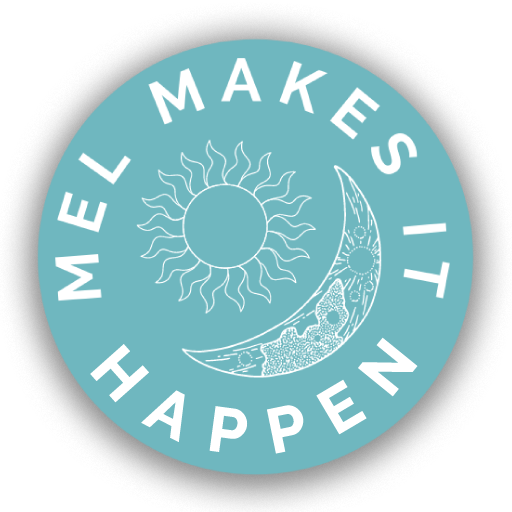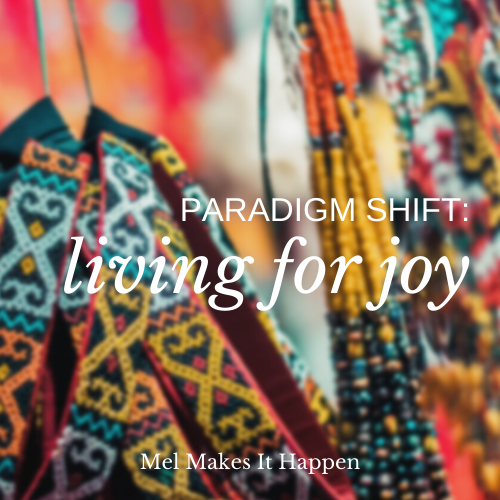Many of us come from an ancestry of hard-workers. People who would wake up at the crack of dawn to prepare meals for their family, tend to the land, or head off to work, only to return when the sun sets. Then they would go to bed and do the same thing all over again the next day. For many, this routine wasn’t founded out of enjoyment for their tasks, but out of necessity. Our ancestors lived their lives working to provide. That was the only way they knew.
This is not to say that many of us now cannot be hard-working or experience moments where we, too, are working to provide. However, there is an energetic shift that has been simmering over the years and now I see it emerging more and more. Many of us now don’t want to have to do the hard work. Traditionalists would say this mindset is a bad one and ask, “What will happen to society?” but I think this speaks to the deeper calling within us that has longed to be heard.
Humans want to do something meaningful. For our ancestors, that involved contributing to their lineage. Working not for themselves but for the grandchildren yet to come. Building wealth and doing what needed to be done to secure the family’s legacy.
Now, we crave doing work that is meaningful and, given the foundation our ancestors built—within our family structures but also within society as a whole—we feel more adept to pursue our passions. Again, traditionalists may call these new-age-thinkers selfish, but this generation emerging is the tail end of those willing to live an unimpassioned life.
We seek joy.
Before, there was so much in society’s infrastructure building upon our needs for survival. Even into the 19th and 20th century, much of what was built came from necessity, not necessarily joy.
What the traditionalists do not see, and what society has yet to experience, is that when people are able to pursue livelihoods chosen out of what brings them joy, that benefits everyone.
Happier people create a happier society. Happier people have much to give because they have filled their cup first. Happier people are secure in their own joy and, so, they can help others advance.
Everything builds upon each other. It might seem radical and it might seem disastrous to let the “individualists” run the show, but they have not ever been chasing a life of self-absorption, they have been chasing a life of fulfillment. The plague of insults the Millennials, and some of the Gen X group, have received paint them as shallow and superficial in their desires—claiming that they do not want to work.
Quite the contrary: no one before them has shown what it is like to work in something they love. What they aspire for has not been done before.
Their parents and their grandparents hated their jobs or broke their backs doing arduous labor. They witnessed this of their ancestors and found no joy in such a life of depletion. This is the generation that sees work as something that should add to their lives. So they had to learn how they can work AND do something that they are passionate about. Joy is non-negotiable.
I’d even go so far as to say it would be a dishonor to the ancestors who came before us to not pursue joy. They paved the way so we wouldn’t have to break our backs, like they did. They carved out a society that supports free enterprise. They helped create opportunities for those that came after them.
Societally, this is where things are going. More and more people are waking up to the reality that they can work WHILE experiencing joy, it doesn’t need to be one or the other.
This paradigm shift towards living for joy impacts everyone, including you. Thus, I’d invite you to notice what brings you joy. How can you allow that joy to take up a greater part of your life and lead you forward?
Looking for something to read next? Try this:


